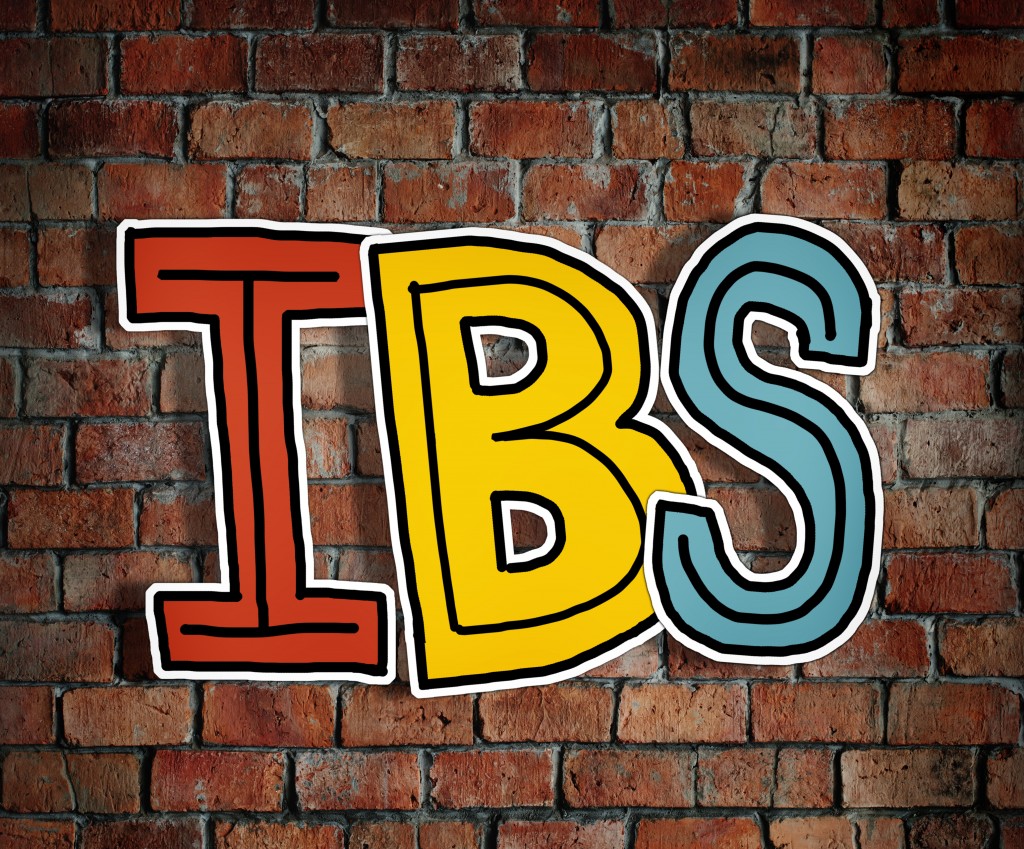
IBS affects 1 in 7 Australian adults with symptoms ranging from bloating and flatulence, to cramping, diarrhea, constipation, or a combination of all of these.
There are “cure all” diets out there today which claim to cure everything from autism and mental illness to cancer. Unfortunately these diets have very little scientific evidence to support their claims. One exception to this trend is the low FODMAP diet for Irritable Bowel Syndrome (IBS) which has been scientifically proven to significantly reduce the symptoms of IBS.
The term FODMAPs is an acronym which stands for Fermentable, Oligosaccharides, Disaccharides, Monosaccharides And Polyols – a range of common, simple sugars which are able to be fermented by the natural bacteria in the gut. These sugars are most commonly natural sugars and found in foods which we consider “healthy”. These foods include some fruit, garlic, onions, and a range of vegetables and sweeteners. Because many healthy foods are high in FODMAPs, undertaking a low FODMAP diet should always be done in consultation with a dietitian to ensure a balanced diet.
People with IBS tend to have significant difficulties in absorbing these sugars, leading to substantial fermentation (and gas production!) by naturally occurring bacteria in the gut. This process contributes to and possibly causes the IBS symptoms listed above. Click here for more information on sugar malabsorption.
The low FODMAP diet was pioneered by a Melbourne-based dietitian and gastroenterologist. The theory is, removing these fermentable sugars from your diet reduces this fermentation and therefore reduces your symptoms.
So how do you know if the low FODMAP diet will work for you?
Thankfully, we can now diagnose malabsorption of these sugars using a simple breath test
Don’t avoid foods on the off they chance that they will affect you- get yourself tested and know for sure. The test is non-invasive, simple and can help free you from your IBS symptoms!
Click here for more information or to book your breath test today.
